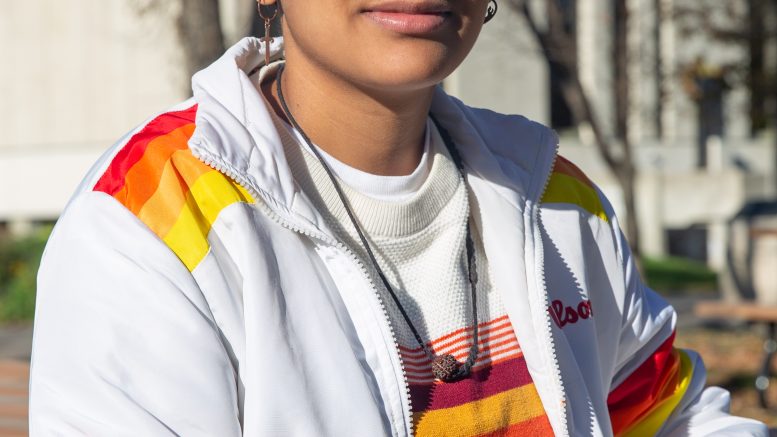When Aahan Rajput applied for his student visa, he was left feeling confused, unsupported and ignored.
Rajput, now a bachelor of commerce honours student in his third year, was a minor at the time he applied to come study in Canada from India. Because of his experience with Immigration, Refugees and Citizenship Canada (IRCC), the lengthy process was “a lot more stressful for me and my family to figure out,” he said.
The U of M’s international student population has increased by 6.3 per cent, now at 7,035 students. Many of these students, just like Rajput, face challenges when obtaining and extending study permits.
Concerns regarding study permits for international students were brought up in conversation during the fall enrolment update at the most recent U of M board of governors meeting on Oct. 10.
Diane Hiebert-Murphy, U of M provost and vice-president (academic), noted in the meeting that the university had been “hearing a fair bit” about student visa delays for Iranian students, and a “sizeable percentage” of visa denials for many students applying from African countries. In 2021, only 39 per cent of Iranian students applying for study permits were successful.
U of M president Michael Benarroch said that the university is trying to analyze what percentage of international students accepted to U of M are denied study permits. Benarroch said Universities Canada and U15, two collectives of universities across the country, “have brought the issue to the attention of the federal government.”
President of UMSU Tracy Karuhogo raised the concern of international students from India regarding recent tensions between the Canadian and Indian governments at the board of governors meeting.
Rajput said he found the IRCC website difficult to navigate without support. He also said it can be tough to get responses through the IRCC system regarding questions about study permits.
The recent tensions bring up uneasiness not only for Rajput, as a student who has applied for extended study permits, but also for his friends and family who wish to come visit him while he studies in Canada.
“If I am graduating soon, I would like to see my family come here and have them celebrate some occasions with me,” said Rajput.
If Canada were to suspend visa services, Rajput worries that he could be put in a “questionable” position if he needed to travel out of the country.
Rajput is concerned that fears about tensions are being taken less seriously because of biased attitudes toward marginalized groups of international students. He feels that some Canadians do not understand the severity of the situation.
Rajput said because of the idea that there are already so many Indians in Canada, “it’s not seen as that big of a deal.”
Increased public support from the university would be welcomed, said Rajput. This could mean an added focus on supporting students in navigating documents and study permit applications.
Fanny Levy, director of the U of M International Centre, said that the centre received reassurances from the federal government that there have not been any changes in policies regarding immigration application from India, and that they “were very clear that they were not expecting any changes.”
Karuhogo noted that herself and UMSU vice-president advocacy Liam Pittman will bring concerns of high student permit denial rates and tensions with India to members of the federal government when they travel to Ottawa for Advocacy Week with the Canadian Alliance of Student Associations at the end of November.
For undergraduate students facing student permit delays, U of M offers
multiple start dates on the initial admission offer for open programs.
More information about study permits and workshops can be found on the U of M International Centre website.



